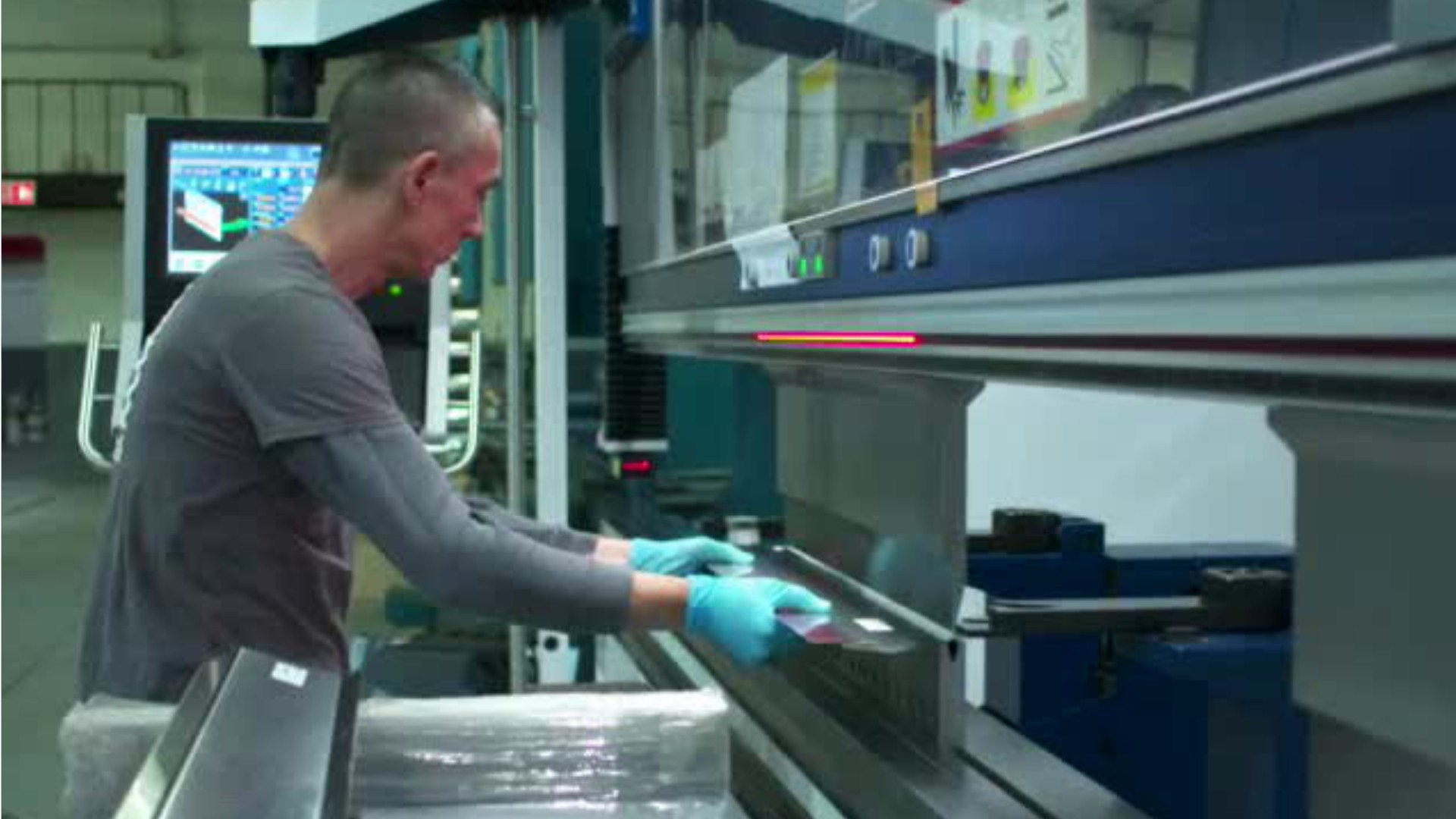Grinding, Lapping, Polishing, & Buffing Machine Tool Setters, Operators, & Tenders, Metal & Plastic
Centerless Grinder Operator, Grinder, Grinder Operator, Grinding Machine Operator
 Select a military branch to see samples.
Select a military branch to see samples.
Aircraft Metals Technology; Aircraft Metals Technology Apprentice; Aircraft Metals Technology Craftsman; Aircraft Metals Technology Helper; Aircraft Metals Technology Journeyman
Allied Trades Specialist; Allied Trades Warrant Officer
Naval Engineering Specialty
Machinist
Advanced Machinery Repairman; Machinery Repairman; Machinery Repairman Apprentice; Machinery Repairman Journeyman
No similar titles were found.
What they do:
Set up, operate, or tend grinding and related tools that remove excess material or burrs from surfaces, sharpen edges or corners, or buff, hone, or polish metal or plastic work pieces.
On the job, you would:
- Inspect or measure finished workpieces to determine conformance to specifications, using measuring instruments, such as gauges or micrometers.
- Measure workpieces and lay out work, using precision measuring devices.
- Observe machine operations to detect any problems, making necessary adjustments to correct problems.
Knowledge
Manufactured or Agricultural Goods
- manufacture and distribution of products
Math and Science
- arithmetic, algebra, geometry, calculus, or statistics
Skills
Basic Skills
- keeping track of how well people and/or groups are doing in order to make improvements
- reading work related information
Problem Solving
- noticing a problem and figuring out the best way to solve it
Abilities
Hand and Finger Use
- hold or move items with your hands
- keep your arm or hand steady
Controlled Movement
- quickly change the controls of a machine, car, truck or boat
- use your arms and/or legs together while sitting, standing, or lying down
Visual Understanding
- quickly compare groups of letters, numbers, pictures, or other things
- see hidden patterns
Reaction Time and Speed
- quickly move your hand, finger, or foot based on a sound, light, picture or other command
Personality
People interested in this work like activities that include practical, hands-on problems and solutions.
They do well at jobs that need:
- Attention to Detail
- Dependability
- Cautiousness
- Achievement Orientation
- Integrity
- Stress Tolerance
Technology
You might use software like this on the job:
Spreadsheet software
- Microsoft Excel
Enterprise resource planning ERP software
- SAP software
Office suite software
- Microsoft Office software
Education
Education: (rated 2 of 5)
high school diploma/GED or
certificate after high school
usually needed
certificate after high school
usually needed
Job Outlook
Below Average
New job opportunities are less likely in the future.
Explore More
- Cutting & Slicing Machine Setters, Operators, & Tenders
- Grinding & Polishing Workers, Hand
- Milling & Planing Machine Setters, Operators, & Tenders, Metal & Plastic
- Tool Grinders, Filers, & Sharpeners
- Woodworking Machine Setters, Operators, & Tenders
You might like a career in one of these industries:
See more details at O*NET OnLine about Grinding, Lapping, Polishing, & Buffing Machine Tool Setters, Operators, & Tenders, Metal & Plastic.





